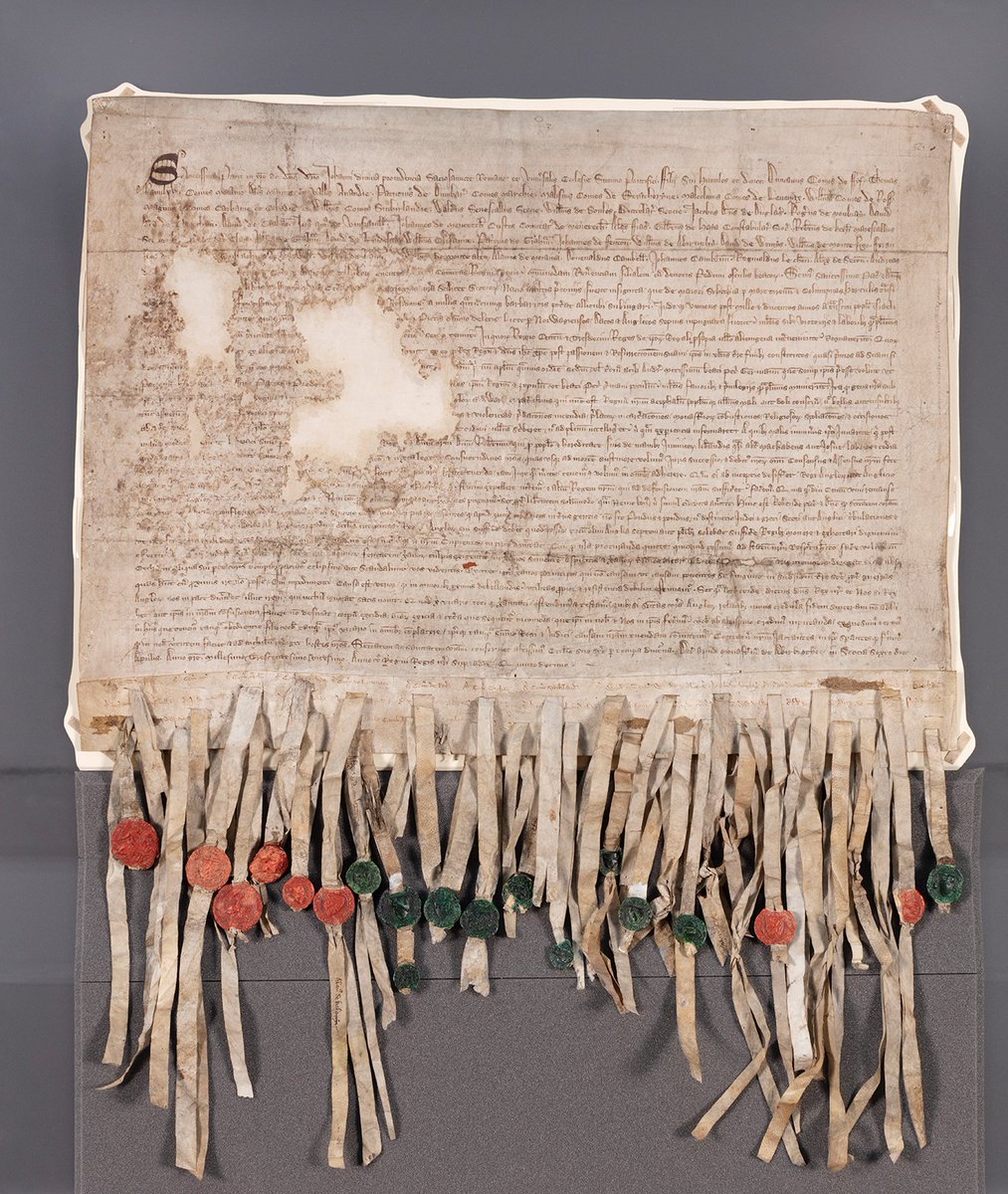Here's a wee thread, from someone who had to study this document at university, in Lisbon, as part of my degree in History:
The Scotii were migrants who fought their way here.
But who, exactly, are the "people"?
To recognise Robert the Bruce's military victories and his rightful claim to Scotland, to reject Edward II's claim to overlordship of Scotland, and for Scotland's sovereignty to be legitimised by the Pope.
If people from outwith Scotland can see the worth of your people, culture and history, then please ask yourself: what's stopping you?
Read your history. #DeclarationofArbroath



